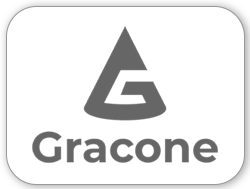
PDH is an acronym for “professional development hour.” It is the term that most state engineering licensing boards use for continuing education. One PDH is nominally equivalent to one hour of continuing education. Most states require 50 minutes of contact time to earn 1 PDH, although a few states require 60 minutes.
Other acronyms are used by some state licensing boards. For instance, CPD, used in Florida, Ohio, Louisiana, and other states, means Continuing Professional Development credits. The term CPC or Continuing Professional Competency credits is used in New Jersey and Maryland. All of these terms describe one nominal hour of continuing education credit for engineers.
Note that a PDH is not the same as a CEU (continuing education unit), which is the term used by many universities and colleges. One CEU is equal to 10 contact hours.
1 PDH = 0.1 CEU
Earning PDH for license renewal is a mandatory requirement for professional engineers in 42 states, as well as the District of Columbia.
The National Council of Examiners for Engineering and Surveying (NCEES) publishes model rules for engineering continuing education. Although these model rules form the basis for the state engineering boards’ requirements, there is quite a bit of variation between the states. In general, engineers can earn PDH credits using one of the following methods:


